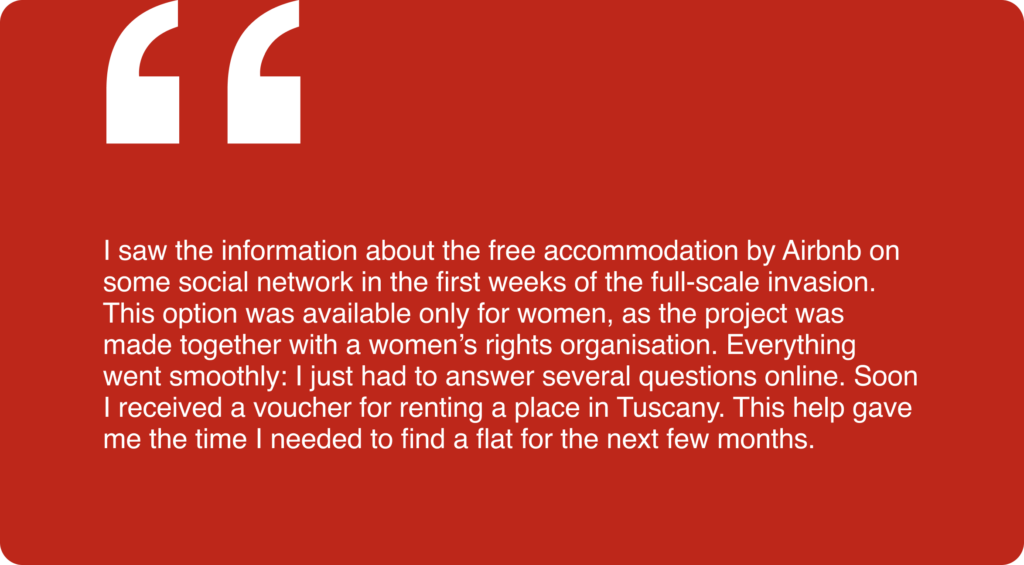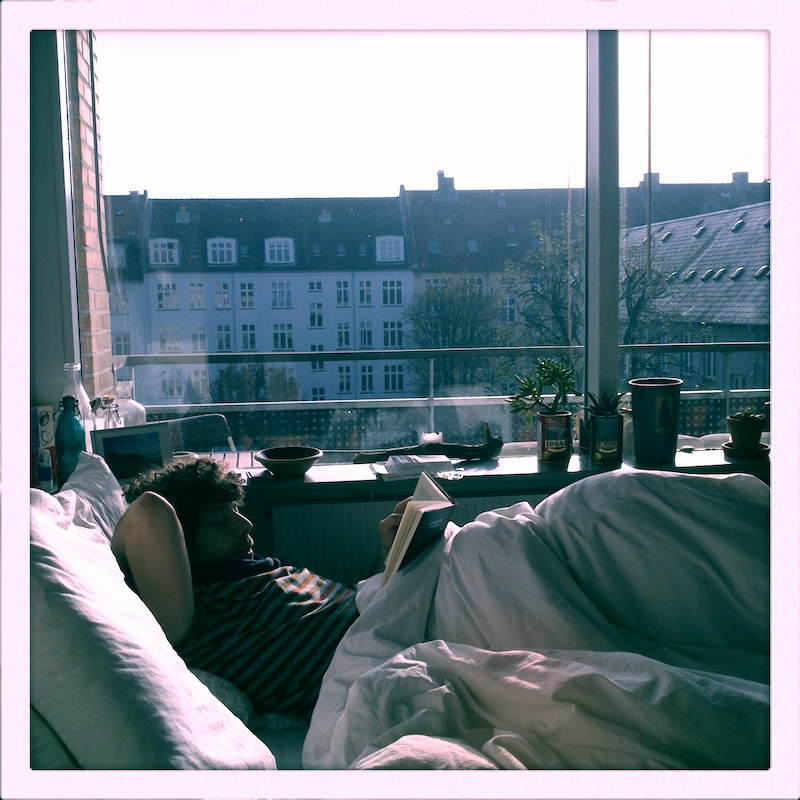The largest Spanish cities are choosing divergent paths to follow in the future. Madrid and Barcelona face similar challenges, especially in terms of access to housing, rising rents and the explosion of tourist apartments.
This phenomenon is mainly caused by Airbnb, but not only. Even though the diagnosis is similar, the cure for tackling the problem is widely different in the two cities.
Barcelona, in the hands of a former housing activist Ada Colau, has been trying for years to achieve what her supporters call ‘a more liveable city’, with a series of measures limiting the numbers of tourist apartments. Since 2015, the city has imposed a moratorium on the construction of new tourist apartments. Since 2017, the city has established quotas for tourist apartments in the most at-risk areas, limiting the issuing of new licences.
Madrid, which has been in the hands of the conservative PP since 2019, has taken a different path: no regulation of tourist rentals.
The restrictions in Barcelona and the “laissez-faire” attitude in Madrid have had an effect: last February, Madrid registered an increase of 9.3% in tourist apartments compared to the same month in 2022, while Barcelona registered a 25.1% decrease, according to the National Statistics Institute.
But for Barcelona, the problem remains: apart from being one of the most visited cities in Spain, just a month ago a real-estate company found a legal loophole, backed by the Judicial Court, that allowed the firm to transform 140 apartments in the same building into accommodation for tourists. The case caused an uproar and showed one of the biggest problems still facing Barcelona: the limitation of what a city can do without a national strategy.
Meanwhile, the ‘turismofobia’ (hate for tourists) is growing. This is a paradox in the second-most-visited country in the world, where tourism accounts for 12% of the GDP. What the residents are seeing, however, is that neighbourhoods are less occupied by longtime residents… and instead with tourists.






